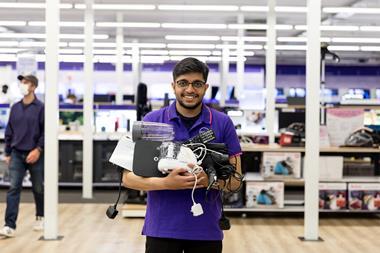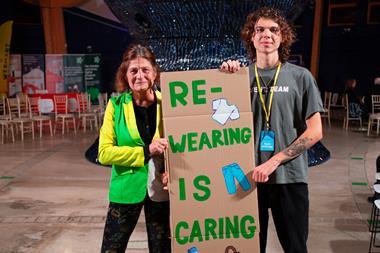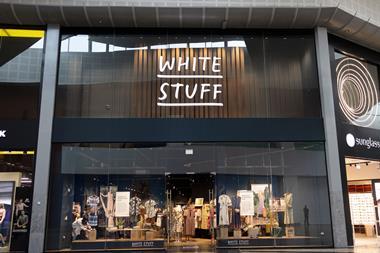Businesses need to do more to influence consumer behaviour on sustainability as the world faces a climate crisis.

That was one of the key themes to emerge from leaders across UK industry this week at Anthropy, a leadership conference aimed at inspiring UK businesses to build a better Britain.
Former Tesco group head of sustainability Giles Bolton, speaking on a panel about sustainable food chains, said: “There’s a contradiction in terms of how much consumers care and how much you can expect them to take action. We need to get more sophisticated at making it easier for people to make sustainable choices.”
He pointed to a decline in sales of plant-based products during the cost-of-living crisis, as shoppers have become more risk-averse about how they feed their families on tight budgets.
Constant product innovation is required to ensure retailers and manufacturers continue to encourage sustainable shopping habits, said Bolton.

Meanwhile, Arla Foods’ senior sustainability manager Camilla Riddiford added that businesses have an “opportunity and a responsibility to educate customers”.
It was a similar story in the world of fashion. Matt Hanrahan, co-founder of Reskinned, an online secondhand clothing retailer that partners with retailers to set up takeback schemes, said: “We’ve devalued clothing to the point where it’s a throwaway commodity.”
Hence, the retailer’s mission is to change customer behaviour to think “secondhand first”, and to change mindsets – particularly among younger generations.
There was optimism about the future of circularity in a session on how to fix the fashion industry and monetise the longer life of clothes.
“We’re on the cusp of a truly circular fashion world,” maintained River Island sustainability lead Rachel Franklin. She described the success of its takeback scheme, launched two years ago, which is acting as a footfall and loyalty driver at 260 of its UK stores.
Investment in colleague training on designing and product testing for durability and circularity is also a focus. That in turn enhances the retalier’s brand reputation for quality among shoppers.
Franklin said: “Customers are engaging at a much quicker level than we expected with pre-loved clothing.”
























No comments yet